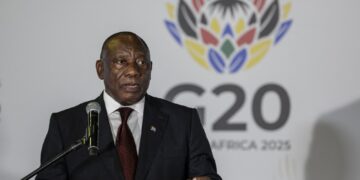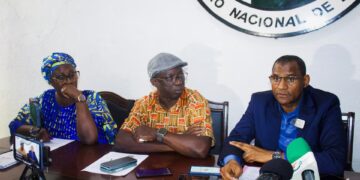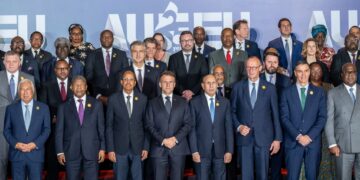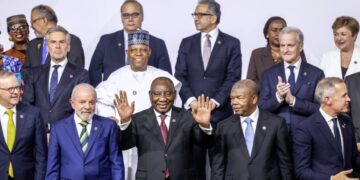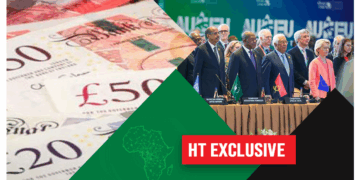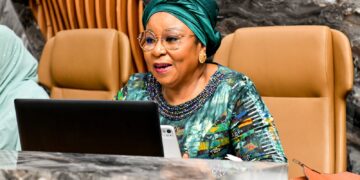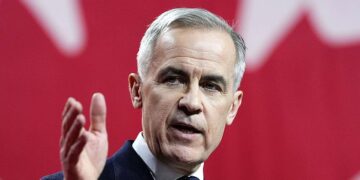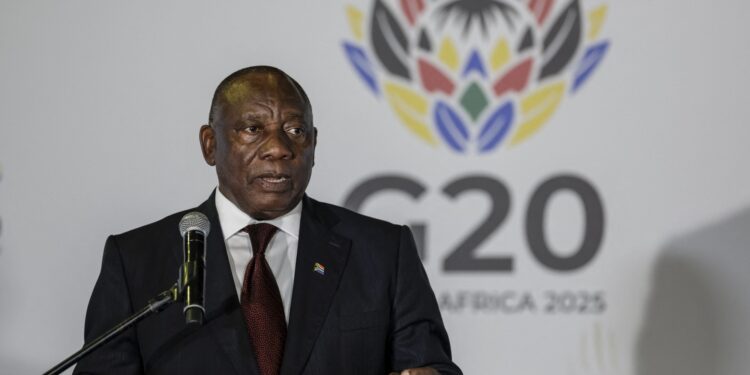By Ebi Kesiena
South Africa’s Reserve Bank Governor, Lesetja Kganyago, has called for more openness from international credit rating agencies, saying developing countries should be allowed to question their assessment methods to ensure greater fairness.
At a press conference following the Group of 20 (G20) finance ministers’ and central bank governors’ meetings in Washington, Kganyago said transparency in ratings processes could lead to better outcomes for developing economies.
“If we are able to take their methodology and take the data they are using and see whether we are able to replicate it, we can actually engage them and challenge them based on their methodology and say that your rating is wrong,” he said.
South Africa, which currently holds the G20 presidency, has made tackling the high cost of capital for developing nations a key priority. This includes addressing the influence of credit rating agencies.
However, the proposed commission to review these issues is yet to be set up. The plan, included in South Africa’s policy priorities for its presidency, aims to explore obstacles to affordable and predictable financing for development, including those linked to ratings practices.
During the fourth G20 meeting under South Africa’s leadership, finance chiefs released a Chair Summary instead of a joint communique, a common approach when full consensus is not reached.
The summary acknowledged that while the global economy has shown resilience, risks such as geopolitical tensions, supply chain challenges, rising debt, and extreme weather events persist.
It also stressed the need to reduce economic imbalances, especially for developing economies.
“Given the challenges of high public debt and fiscal pressures, members acknowledged the importance of pursuing growth-oriented macroeconomic policies to enhance long-term growth potential,” the Chair Summary noted.
The gathering also discussed the uneven spread of artificial intelligence across developing nations and its potential to drive transformation. Participants underlined the importance of reforming multilateral development banks to expand lending capacity and strengthen the voice of developing countries in global decision-making.
